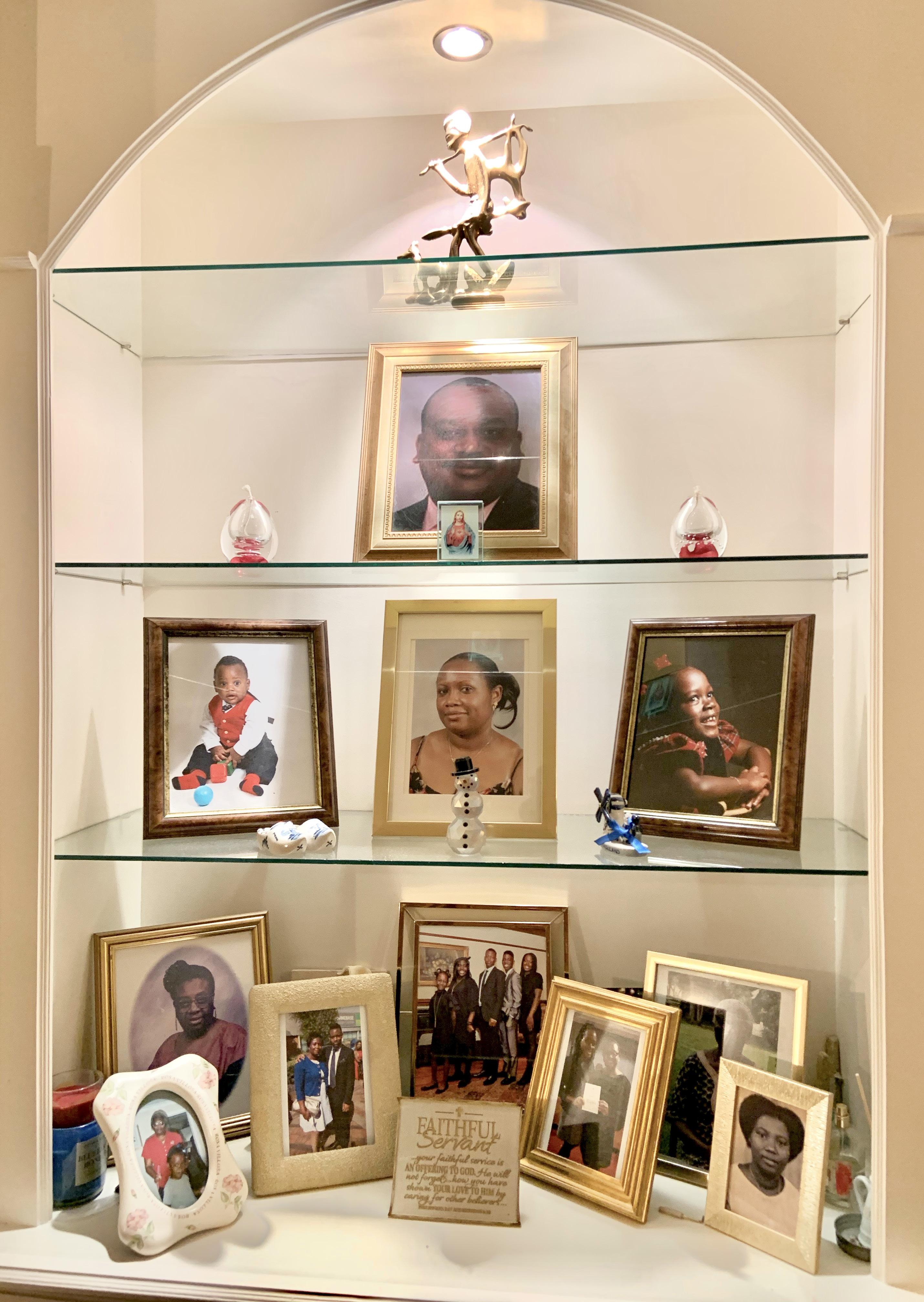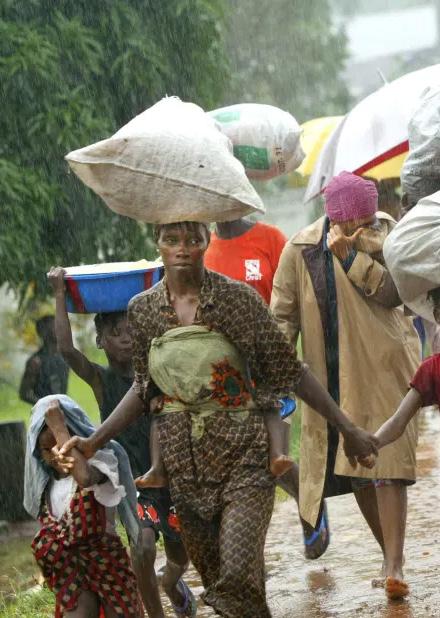THE IMPORTANCE OF HOME Due to the traumatic events encountered during the war, home quickly developed a whole new meaning, both psychologically and physically. The Cambridge Dictionary defines home as ‘someone’s or something’s place of origin, or the place where a person feels they belong’ (Cambridge University Press, n.d.). Johnston and Valentine (1995, p.162) describe the word home to have ‘multiple meanings’, referring to Somerville’s seven-point breakdown of the ‘concept’: ‘shelter, hearth (i.e., emotional and physical wellbeing), heart (loving and caring social relations), privacy, roots (source of identity and meaningfulness), abode and paradise (‘ideal home’ as distinct from everyday life).’ (Somerville, 1992, as cited in Johnston & Valentine, 1995). The Liberian civil war stripped civilians of their physical home, their ‘shelter’, ‘hearth’, ‘privacy’, ‘abode’, and for some, ‘paradise’ and ‘hearth’ as Somerville describes it, however due to the strong values of family, faith and togetherness rooted in Liberian culture and society, they still had their home in the form of their ‘heart’ and ‘roots’. Therefore, despite being displaced across the country, and later on the world, Liberians’ ‘heart’ and ‘roots’ is what allowed them to sustain a strong connection to their culture, family and physical home, even though in its current state, it may not be how they remember it to be.
home, how home differs now to the one that they remember in Liberia, and how they were able to find ‘home’ during a time of conflict. When defining what home means to them, Estelle described home as her birth country, her birth town, the way in which they lived together and shared, their strong faith and similar ways of thinking which created a safe space of understanding (see Appendix B). Ortelius described home as ‘a place where you, your family and those you care about reside, where there is peace, a gathering of family members, and where loving memories have been built and created’ (see Appendix C). Serina and Franco described home as, ‘a resting place of refuge, safety, comfort, peace and stability’ (see Appendix F), ‘the place where you can make a living and feel comfortable’ (see Appendix D). When analysing these answers, it is evident that some recognise home to be a physical place and some recognise it as a feeling or emotion, which when compared to Somerville’s breakdown of the word home, led me to question whether home is a concept, a physical place, or both, and if so, what did this mean for individuals during and after the events of the war, as their physical home, and feeling of peace and comfort were taken from them. Despite the destruction and the threat that the war brought to their home, many of my family members still perceived home as a place that was safe (see Appendix F) and where all their family gathered (see Appendix C), however, one could argue that this connection between home and feeling of security, even when their safety was at risk, could be formed from their memories of home prior to the war, (as they were able to leave their home before the rebels got to them). In The Memory Palace, Hollis (2013, p.14) explains that ‘the rooms we live in are collages, constructed conversations between the past and the present.’ Therefore, the ‘collages’ created within the rooms of their home in Liberia, would have consisted of only of past, happy memories that were created there, hence forming a
In this study I have aimed to understand the way of life and significance of home in Liberian culture, and how this may have changed during the war. Up until this point, I have come to understand the structure, way of life, and relations within the communities, the responsibilities and roles of those living within the household, and how the war disrupted this. During my research I also asked my family members if they felt at home where they are currently living away from Liberia, if they still consider Liberia to be home, and also to define home in their own words after what they had experienced. This would enable me to gain further insight Into the importance of home and their perspective of
14




